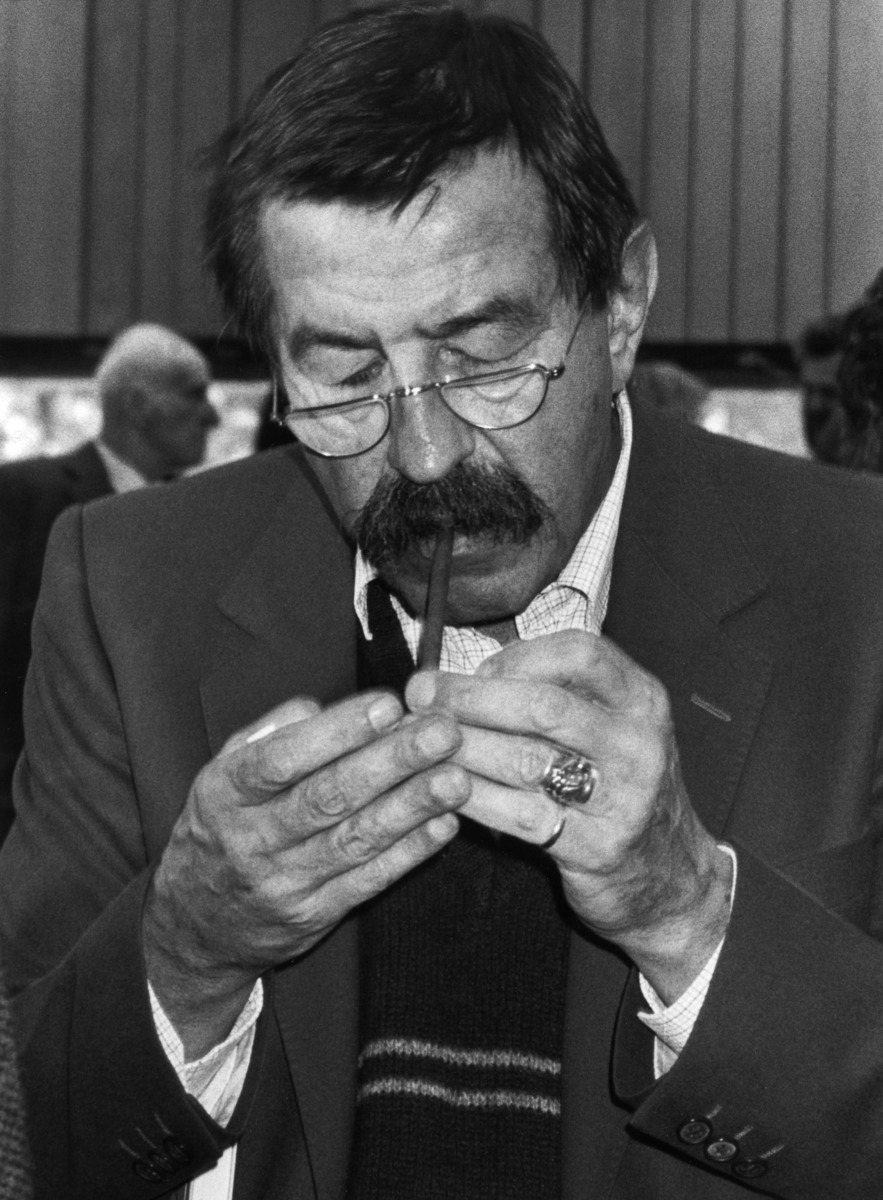Abstract
In 1959, Günter Grass (1927–2015) published
Die Blechtrommel
[The Tin Drum], which centers on the
character of Oskar Matzerath, who witnesses the rise and development of
National Socialism and World War II from the perspective of a child who
has the perception of an adult and refuses to grow tall. Much of
Grass’s work engaged with the past, particularly the impact of National
Socialism and World War II on West German society. A native of the Free
City of Danzig, now Gdańsk in Poland, he also addressed the experience
of flight and expulsion from the East during and after the war. Grass
was an outspoken supporter of the Social Democratic Party, which he left
in 1993 due to his opposition to the party’s failure to prevent the
undermining of the right to asylum granted by the German Basic Law.
Considered to be a member of the Flakhelfer generation, he revealed in
2006 that he had volunteered for active duty as a fifteen-year-old
schoolboy in his hometown of Danzig and served as a member of the
Waffen-SS in the final months of the war. The revelation highlighted
that Grass was grappling with his own guilt and role in Nazi Germany at
a deeper personal level than the public had previously known.
